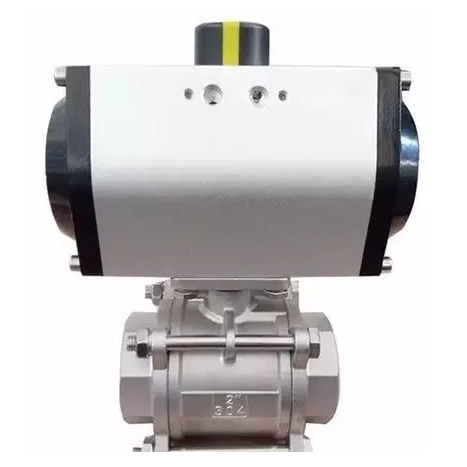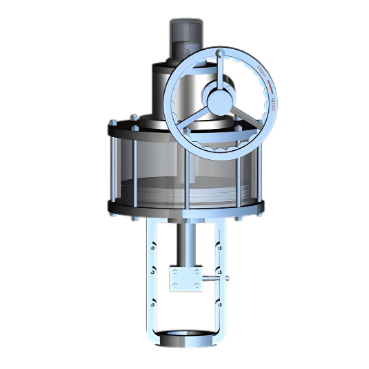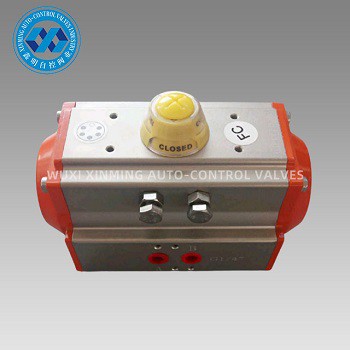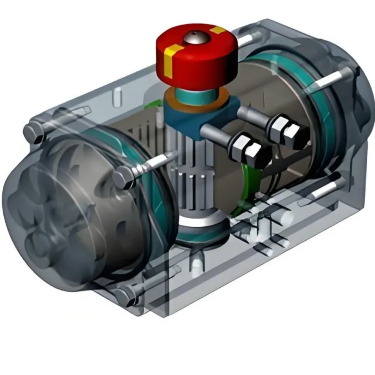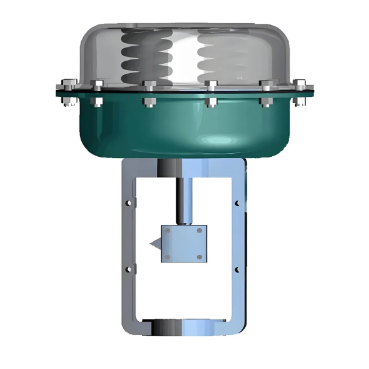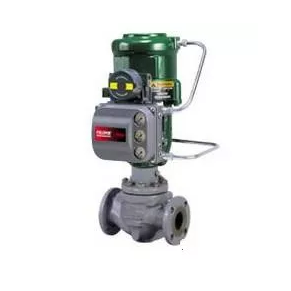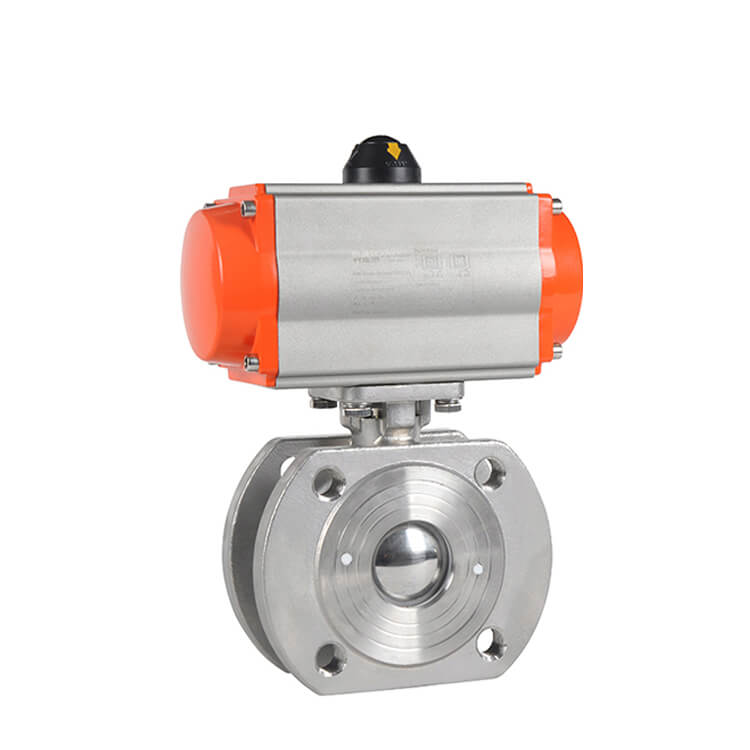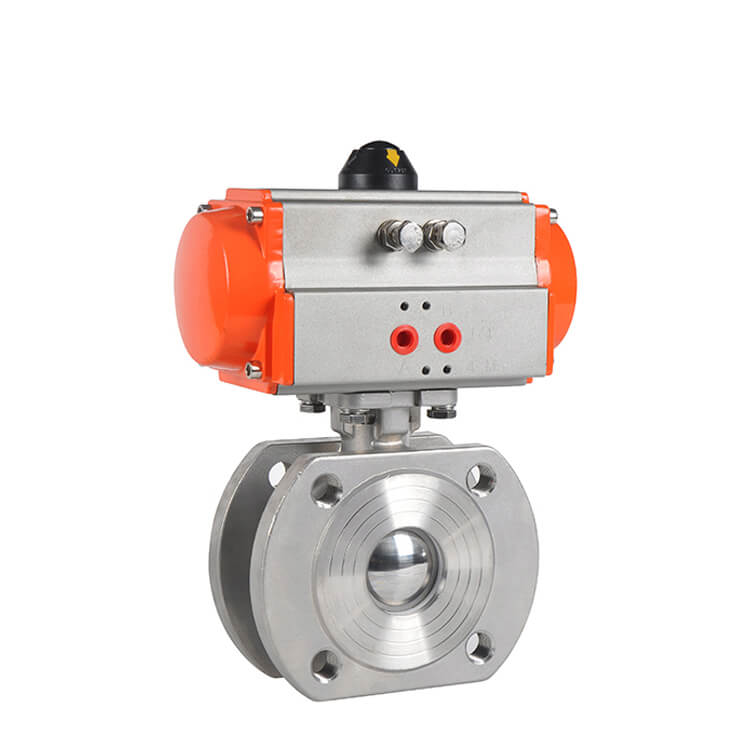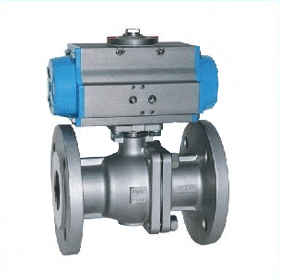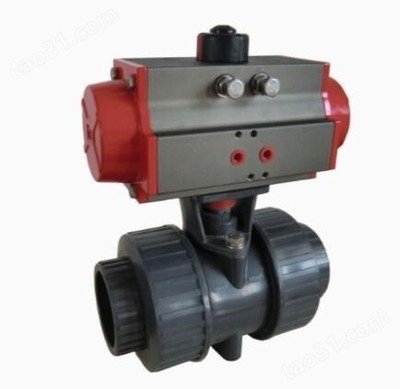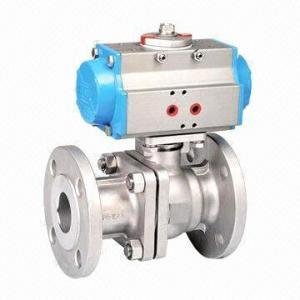Pneumatic yoke actuators are designed to
function seamlessly even under high - pressure conditions. These actuators rely
on compressed air as the power source to generate linear or rotary motion.
The working principle is straightforward
yet highly effective. When compressed air is introduced into the actuator's
chamber, it exerts pressure on a piston or diaphragm. In a yoke - type design,
this pressure is then transferred to a yoke mechanism, which converts the
linear movement of the piston into rotational or oscillatory motion, depending
on the application. The construction of pneumatic yoke actuators is robust.
They are built with high - quality materials that can withstand the rigors of
high - pressure environments. For instance, the housing is often made of
durable metals like stainless steel or aluminum alloys, which offer excellent
resistance to corrosion and mechanical stress.
One of the key advantages of these
actuators is their ability to provide consistent and smooth operation under
high pressure. The use of air as a medium allows for precise control of the
actuator's movement. The compressibility of air also acts as a natural shock
absorber, reducing the impact of sudden pressure changes and ensuring a more
stable operation. This makes pneumatic yoke actuators ideal for applications in
industries such as oil and gas, where high - pressure valves need to be opened
and closed accurately. They are also used in power plants for controlling steam
and gas flow, where reliable operation under high - pressure conditions is
crucial for the efficient functioning of the entire system.
If you want to learn more about low-priced products, please visit the following website: www.xm-valveactuator.com


